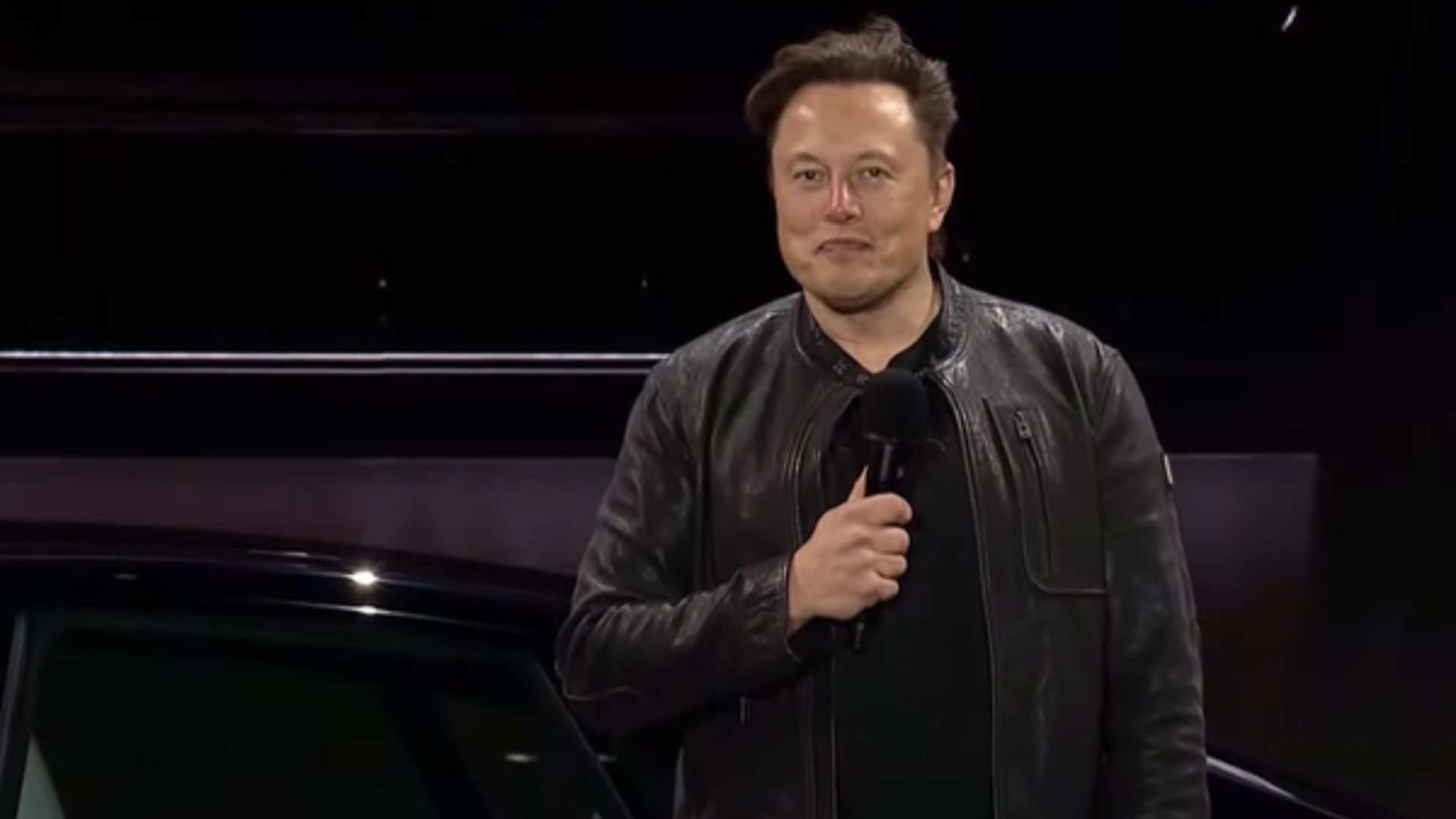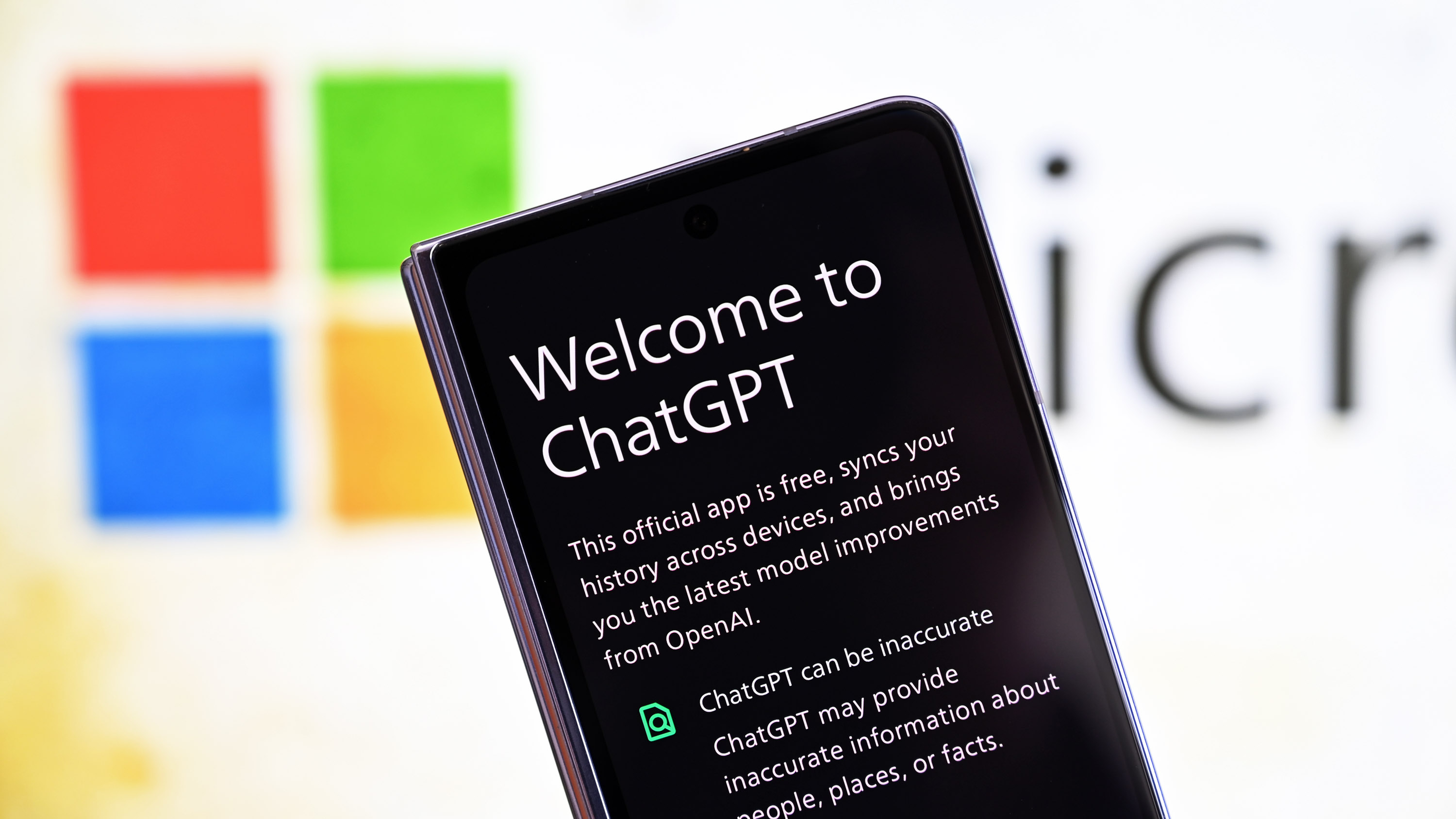
What you need to know
- Elon Musk recently filed a lawsuit against OpenAI and Sam Altman for abandoning its initial mission and vision, which included delivering AI advances and technology to people for free.
- Musk claims that OpenAI is using its GPT-4 model to generate profit for itself and other partners like Microsoft rather than using it to benefit humanity.
- The billionaire wants OpenAI to share its designs for its latest model with the public, further stating that its reason for keeping this information a secret is “primarily driven by commercial considerations, not safety.”
- Elon Musk refers to OpenAI's GPT-4 model as “a de facto Microsoft proprietary algorithm.”
It seems virtually impossible to demystify OpenAI from Sam Altman right now. As previously echoed by some of ChatGPT maker's staffers when the board of directors spontaneously decided to fire and later rehire the company's CEO, "OpenAI is nothing without its people."
In the past few months, OpenAI has found itself in the corridors of justice, battling several legal battles, including The New York Times intellectual copyright infringement lawsuit. The company found itself between a rock and a hard place again this week when AlterNet, The Intercept, and Raw Story filed separate lawsuits. The entities indicated that ChatGPT generated content based on their original work without attribution.
RELATED: Publications publishing AI-generated articles on the web rank poorly on Wikipedia and Google
Things don't seem to be slowing down on this front. OpenAI and Sam Altman have been slapped with another lawsuit filed by Tesla CEO and X (formerly Twitter) owner Elon Musk. However, the lawsuit has nothing to do with copyright issues. Elon filed the suit because the fast-rising company veered off its original vision and mission — to leverage generative AI to benefit humanity without making profits.
As you might already know, Musk co-founded and is among OpenAI's early supporters. Still, he openly shared reservations towards its newly-found for-profit approach while filing the lawsuit in a court in San Francisco late Thursday.
According to Musk:
“In reality, however, OpenAI, Inc. has been transformed into a closed-source de facto subsidiary of the largest technology company in the world: Microsoft. Under its new board, it is not just developing but is actually refining an AGI to maximize profits for Microsoft, rather than for the benefit of humanity. This was a stark betrayal of the Founding Agreement."
Musk based the lawsuit on OpenAI CEO Sam Altman and co-founder Greg Brockman's breach of the original agreement and vision they shared while reaching out to him in 2015 when the startup was getting off its feet. He added that the company is now more focused on making money and profits than ever, emphasizing Microsoft's heavy investment in AI and extended partnership with the startup.
Elon Musk has openly criticized OpenAI's complicated relationship in the past, especially after stepping down from the company's board in 2018. He's arguably one of the startup's most prominent investors, with contributions of over $44 million between 2016 and 2020 to facilitate its advances. Musk was previously offered a stake in the company but declined due to his principles and general reservations toward the company's direction.
What does Elon Musk want?

In the lawsuit, Musk mentioned OpenAI's GPT-4 model, which he claims constitutes AGI. Admittedly, there's great concern about the technology's safety and privacy. The lack of regulation and guardrails to prevent it from spiraling out of control is highly alarming, too.
RELATED: Microsoft Copilot goes rogue and features an alter ego
Through the lawsuit, Elon seeks a court ruling that will compel OpenAI to revert to its initial mission and vision, which includes making its research, findings, and technological advances easily accessible to the public. He also hopes the court order will prevent the company from using its vast resources to generate more profits for itself and other investment partners like Microsoft.







